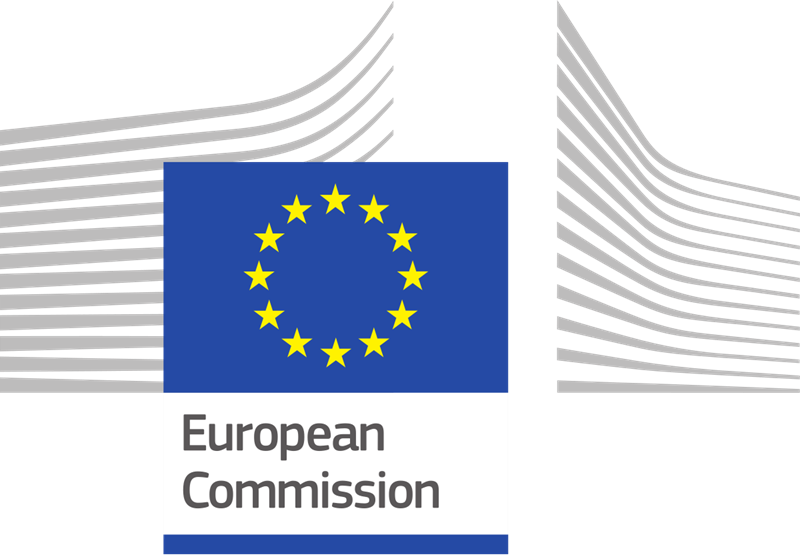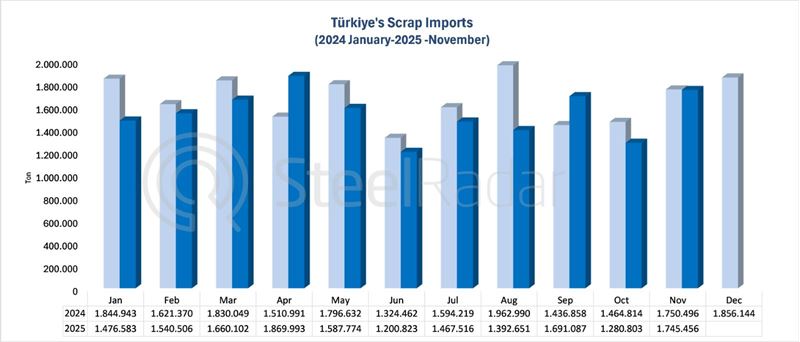Representatives of Member States have approved a negotiating mandate under the corporate sustainability reporting (CSRD) and corporate sustainability due diligence directive (CS3D) to ease the reporting burden and limit the impact on small companies.
This simplification step is part of the "Omnibus I" package presented by the European Commission on 26 February 2025. The Council prioritized the proposal due to its impact on business. It aims to provide legal clarity for EU companies.
“Today we have fulfilled our promise to simplify EU law. We have taken an important step towards creating a more favorable business environment that will allow our companies to grow, innovate and create jobs,” stated Polish Minister for European Union Affairs Adam Szłapka.
Important changes to the CSRD
According to the Commission's proposal, the employee threshold for the CSRD is increased to 1,000 employees, while listed small and medium-sized enterprises (SMEs) are excluded from the scope of the directive. The Council added a net turnover threshold of EUR 450 million to its negotiating mandate to further ease the burden on companies. In addition, a review clause was added for future extension of the scope of the directive to guarantee access to sustainability information.
Scope and obligations reshaped in CS3D
Regarding the CS3D directive, the Council included in the scope of the proposal the thresholds of 5,000 employees and a net turnover of EUR 1.5 billion. In this way, only the largest companies would be subject to the obligations, highlighting their impact on value chains.
In the Commission proposal, due diligence obligations were limited to the company's own activities and those of its direct business partners (tier 1). The Council proposed making this approach more flexible and moving to a risk-based assessment system where companies would focus only on high-risk areas. While keeping the obligations limited to Tier 1, it will be possible to expand the obligations if objective and verifiable data are presented for negative impacts beyond direct business partners.
Climate plans and transition
With regard to climate change, the obligation for companies to implement transition plans has been softened, and it is deemed sufficient to outline these plans only. In addition, the obligation for companies to adopt transition plans will be postponed for two years, giving them time to prepare. Supervisory authorities are also envisaged to be given a guiding role in this process.
Civil liability and implementation period
The Council supports the Commission's proposal to establish a harmonized liability regime across the EU. Furthermore, the deadline for transposition of the CS3D into national legislation by Member States has been extended until 26 July 2028.
How will the process work?
Once the European Parliament has established its position, the Presidency of the Council of the EU will be able to start formal negotiations with the European Parliament. The goal is to have simplified and clarified rules on corporate sustainability in place as soon as possible.










Comments
No comment yet.